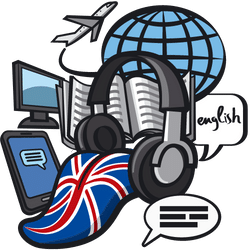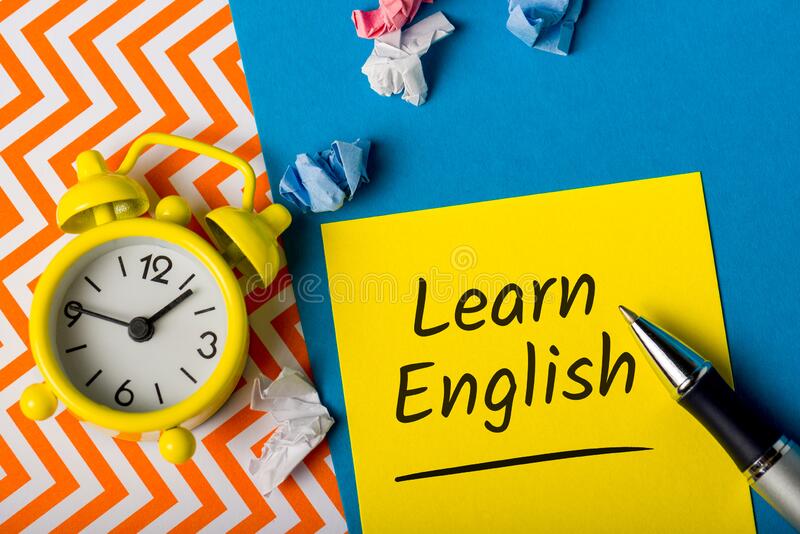In most U.S. public schools, 5th grade is the first year that students are typically exposed to a foreign language. Many schools offer Spanish, but French, German, and Japanese are also popular choices.
Regardless of the language, 5th grade students learn how to conjugate verbs, ask and answer questions about themselves, and talk about their likes and dislikes. They also learn about basic sentence structure, including how to make a sentence sound more polite or formal.
By the end of 5th grade, students should be able to hold a basic conversation in the foreign language they are studying. They will also have a basic understanding of grammar, including verb conjugation and proper nouns.
Grammar and Punctuation Skills
5th grade English students continue to build on their grammar and punctuation skills. In particular, they learn how to use commas, apostrophes, and quotation marks correctly in their writing. They also practice identifying and correcting common grammar mistakes. Additionally, 5th grade students learn more about effective writing techniques, such as using strong verbs and concrete details.
Reading Comprehension Strategies
Strategies for reading comprehension vary by student and by text. However, there are some general guidelines that can help all readers comprehension.
One common approach is to read the text a few times. The first time, read to get a sense of the big ideas. The second time, focus on the details. The third time, read for pleasure.
Another strategy is to read the text aloud. This can help students hear how the words are pronounced and can help them understand the text better.
Students can also underline or highlight important words and phrases in the text. This will help them keep track of the main ideas as they read.
Another strategy is to ask questions about the text. This can help students focus on the important ideas and better understand the text.
Finally, students can summarise the text. This can help them remember the main points and understand the text better.
Writing Techniques and Genres
In fifth grade, students learn how to write in different genres, including narrative, persuasive, and informative writing. They also learn specific writing techniques, such as using sensory details to create a vivid picture for the reader, varying sentence structure for interest, and using transitional words and phrases to connect ideas.
In narrative writing, students learn to develop characters, setting, and plot. They learn to use dialogue to create tension and suspense, and to show instead of tell. In persuasive writing, students learn how to state their opinion clearly, back it up with evidence, and respond to opposing arguments. They also learn how to structure a persuasive essay, including the introduction, body, and conclusion. In informative writing, students learn how to research a topic, organize their information, and write a clear and concise essay.
All of these skills are important for students as they continue their education and begin to prepare for college and beyond. By fifth grade, students should be able to write effectively and accurately, with a clear understanding of the different genres and techniques involved.
Vocabulary Development
As students move up in grade levels, the English language curriculum becomes more challenging. 5th grade students learn vocabulary words relating to a variety of topics, including science, social studies, and literature. They also learn how to use these words in context, and how to spell them correctly.
One way that 5th grade teachers help students learn new vocabulary words is by using word walls. A word wall is a display of words and their definitions that is used in the classroom. Students can refer to the word wall to learn the definitions of new words, and to see how words are used in different contexts.
In addition to learning the definitions of new words, 5th grade students also learn how to use them in sentences. They learn how to make sentences using different verb tenses, and how to use adjectives and adverbs to describe things. They also learn how to use punctuation marks to create appropriate sentence structure.
5th grade students also learn how to spell new words correctly. This can be a challenging task, but with practice and patience, students can become proficient spellers.
Overall, 5th grade students learn a lot of new vocabulary words and how to use them correctly in sentences. This is an important skill that will help them in their future academic pursuits.
Oral Communication and Presentation Skills
Oral communication and presentation skills are important for 5th grade students to develop. They learn how to communicate effectively with others, present their ideas, and listen to others. In order to develop these skills, students participate in class discussions, presentations, and debates.
In class discussions, students learn how to share their opinions and listen to others. They learn to develop their arguments and respond to others’ arguments. This helps them to become better communicators and to develop critical thinking skills.
Presentations allow students to share their ideas with others. They learn how to organize their thoughts, develop a presentation plan, and present their ideas effectively. This helps them to become better communicators and to develop leadership skills.
Debates allow students to argue for and against a position. They learn how to develop their arguments, listen to others, and respond to others’ arguments. This helps them to become better communicators and to develop critical thinking skills.
Literary Analysis and Interpretation
5th grade English students learn how to analyze and interpret literature. They learn how to read literature for enjoyment and to extract meaning from it. They also learn how to write about literature, including how to write critical essays.
In order to analyze and interpret literature, 5th grade students learn how to identify and describe the elements of a story, including its setting, characters, plot, and theme. They also learn how to analyze the author’s use of language and how to interpret the story’s meaning.
In order to write about literature, 5th grade students learn how to develop an essay topic, construct a thesis statement, organize their thoughts, and write a clear and concise essay. They also learn how to use evidence from the text to support their arguments.
Critical Thinking and Problem-Solving Skills
5th grade is an important year for students as they start to learn more complex topics in English. One of the most important skills that students learn in 5th grade is critical thinking and problem-solving.
Critical thinking skills involve being able to think logically and rationally about a problem. Students learn how to break a problem down into smaller parts, identify the important information, and come up with a solution. This skill is important for students in all subjects, but is especially important in math and science.
Problem-solving skills involve being able to identify a problem and come up with a plan to solve it. Students learn how to come up with a step-by-step plan, test different solutions, and evaluate the results. This skill is important for students in all subjects, but is especially important in math and science.
5th grade is an important year for students to develop their critical thinking and problem-solving skills. These skills will help them in all subjects and will prepare them for high school and college.
Digital Literacy and Media Analysis
In 5th grade, English students learn about digital literacy and media analysis. They learn how to use technology safely and responsibly, and how to evaluate information critically. They also learn how to create and share their own content.
Students learn how to use technology safely and responsibly by learning about internet safety, cyberbullying, and copyright laws. They also learn how to stay safe while using social media and other online platforms.
Students learn how to evaluate information critically by identifying credible sources and analyzing the content of media messages. They also learn how to distinguish between fact and opinion.
Students learn how to create and share their own content by writing blogs, making videos, and creating other digital media. They also learn about the different types of social media, and how to use them effectively.


